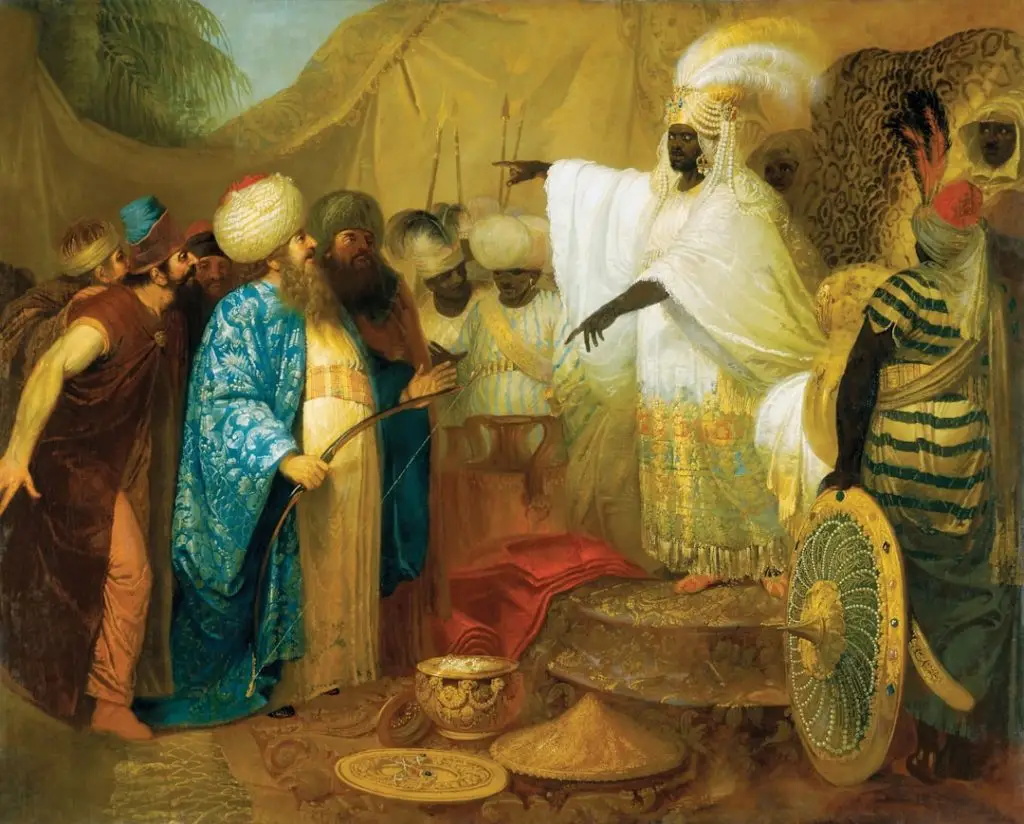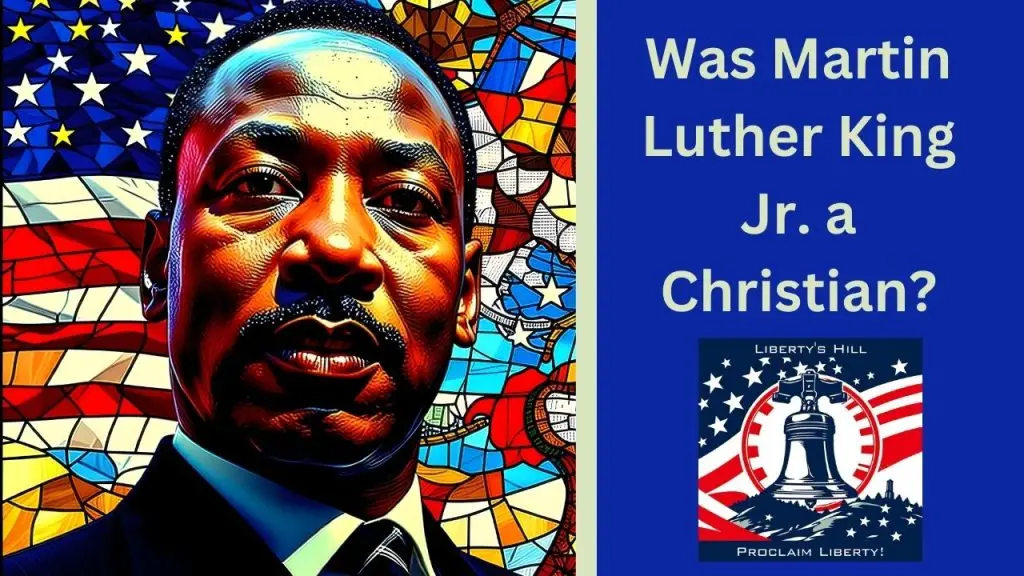Was Martin Luther King Jr. a Christian?
In the ongoing discourse surrounding Martin Luther King Jr.’s legacy, a critical question arises: was he a Christian? This topic has recently gained traction, particularly in light of John MacArthur’s controversial statements claiming that King was not a Christian. In this blog, we’ll delve into the key arguments, counterarguments, and the broader implications of this debate.
The Context of the Debate
The discussion ignited when a local pastor shared a video featuring Justin Peters, Virgil Walker, and Daryl Harrison, who sought to affirm MacArthur’s stance. Their primary concerns revolve around King’s theological beliefs, particularly his denial of key Christian doctrines, such as the divinity of Jesus. The debate is not merely academic; it touches on the essence of faith and the implications of one’s beliefs in the pursuit of social justice.

Photo by Firmbee.com on Unsplash
Understanding King’s Theology
Critics argue that King’s theological views diverged significantly from traditional Christian orthodoxy. They point to his belief that Jesus was not God in the flesh and his alleged extramarital relationships as evidence of his unorthodox stance. This leads to a crucial question: can a person who holds such beliefs still be considered a Christian?
MacArthur and his supporters contend that King’s denial of Christ’s divinity places him outside the bounds of Christianity. They assert that accepting Jesus as God is fundamental to the faith. However, this perspective invites a broader discussion about the nature of faith and the criteria we use to define a Christian.

Photo by Hugues de BUYER-MIMEURE on Unsplash
Liberation Theology and Its Impact
The podcast participants also located King’s ministry within the trajectory of Liberation Theology, which, they argue, is rooted in envy, hatred, and sinful partiality. They see King as part of a movement that has evolved into modern ideologies like critical race theory and wokeism. This framing suggests that King’s message is not only flawed but also dangerous.
However, it’s essential to recognize that Liberation Theology arose from a genuine concern for the marginalized and oppressed. While its methods may be debated, the underlying motivation to seek justice aligns with Christ’s teachings about caring for the least of these.

Photo by Ian Sanderson on Unsplash
The Complexity of Theological Beliefs
The challenge lies in reconciling King’s lack of orthodox beliefs with the possibility that he could still embody Christ-like values. Could it be that God works through individuals with whom we might disagree theologically? This question invites us to examine the nature of faith and the potential for God’s grace to operate outside conventional boundaries.
For instance, 1 John 4:1-3 urges believers to test the spirits, emphasizing that any spirit that does not acknowledge Jesus as coming in the flesh is not of God. This scripture raises the stakes in our evaluation of King’s theology. If we take this verse seriously, we must grapple with the implications of King’s theological stances for his identity as a Christian.

Photo by Sandy Millar on Unsplash
The Heart of King’s Message
Despite the theological critiques, many who study King’s work find profound Christian principles woven throughout his sermons and speeches. His exposition of the Good Samaritan and teachings on loving one’s enemies resonate deeply with the Christian call to love, forgiveness, and reconciliation.
For example, King famously stated that love has redemptive power, a sentiment that reflects core Christian teachings. His emphasis on seeing the good in others, even in adversaries, aligns closely with Jesus’ message. These elements of his ministry challenge the notion that one’s theological accuracy is the sole determinant of one’s Christian identity.

Photo by Austin Chan on Unsplash
The Dangers of Accusation
The ministry of accusation, as seen in some critiques of King, can hinder our ability to engage meaningfully with his message. If we focus solely on perceived faults, we risk missing the call to unity and understanding that King exemplified. His work transcended theological boundaries, advocating for a vision of America rooted in love and justice.
The focus on flaws can lead to division, overshadowing the potential for healing and reconciliation that King’s message embodies. In the quest for human flourishing, it is crucial to remember that love and understanding should guide our discussions, not judgment or condemnation.

Photo by Heather Mount on Unsplash
A Call to Reflection
As we reflect on the implications of this debate, it’s essential to consider what it means to be a Christian in today’s society. Are we defining faith too narrowly, or can we embrace a broader understanding of what it means to follow Christ?
Ultimately, the question of King’s Christianity invites us to examine our own beliefs and the ways we engage with those who may differ from us theologically. In a world striving for human flourishing, it is vital to approach such discussions with grace, humility, and a willingness to listen.

Photo by Juan Davila on Unsplash
Conclusion: The Legacy of Martin Luther King Jr.
The legacy of Martin Luther King Jr. is multifaceted, encompassing not only his contributions to civil rights but also his theological insights. While debates about his faith will likely continue, King’s call for justice, love, and reconciliation remains relevant today.
Whether or not one agrees with his theological positions, the essence of his message resonates with the heart of the Christian faith. In seeking to create a world of human flourishing, we must remember the values of love, understanding, and unity that King championed throughout his life.



